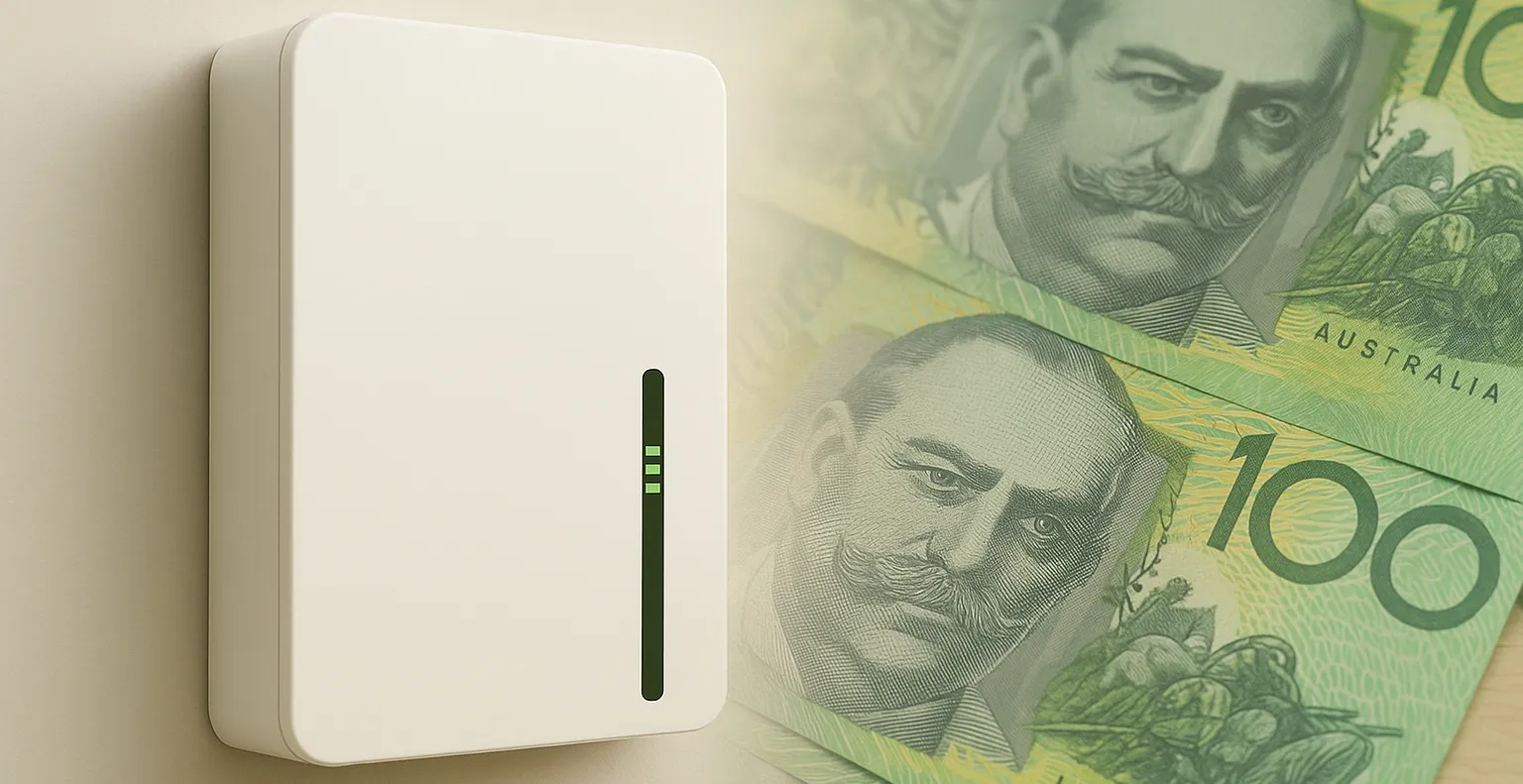The dust has settled on the 2025 federal election, and one thing is clear: Australians have delivered a resounding "yes" to renewable energy—and a firm "no" to nuclear.
Peter Dutton’s nuclear energy pitch turned the energy debate into a defining issue of the campaign. But with Dutton out of Parliament altogether—losing his long-held seat of Dickson—the Coalition’s gamble didn’t pay off.
A Clear Divide in Energy Visions
If the Coalition had won, the energy landscape would look vastly different. Several key climate and electrification initiatives would have been on the chopping block:
- No Cheaper Home Batteries program.
- EV tax breaks? Gone.
- Rewiring the Nation and the Net Zero Economy Agency? Scrapped.
- And yes, coal and nuclear would have taken centre stage again.
Instead, voters opted for continuity. Climate and Energy Minister Chris Bowen summed it up: “In 2022, Australians voted to finally act on climate change… in 2025 they said keep going.”
Big Wins for Labor’s Renewable Agenda
Labor's ambitious energy roadmap includes:
- 82% renewable energy by 2030.
- One million home batteries through the Cheaper Home Batteries program.
- Community batteries in 400 locations.
- $26 billion for the Future Made in Australia manufacturing push.
- $19 billion to Rewire the Nation, upgrading our transmission grid.
- $2 billion expansion of the Clean Energy Finance Corporation.
And if you're wondering about help with energy bills—yes, the $150 rebate for households continues, doled out in two $75 chunks this year.
Suburbs Lead the Solar Surge
Contrary to old clichés, it’s not just inner-city types slapping solar panels on their roofs. Suburban areas—especially in Queensland and WA—are leading the charge. In Dutton’s own (now former) electorate of Dickson, 60% of households have solar. Nationally, it's half that.
And batteries are on the rise too. One in three new home solar systems now comes with one.
Labor’s home battery rebate, pegged at around $3701 per usable kilowatt-hour, is expected to fuel that growth. The program launches July 1, and you might even be able to combine it with your state’s battery incentives—though the fine print is still being worked through.
EVs Stay on Track
Australians leasing electric vehicles through their employer can breathe easy—the FBT exemption for EVs is sticking around. That includes support for EV charger installs at home too.
On the broader scale, the New Vehicle Efficiency Standard will kick in from July 1, penalising car makers who don’t meet fuel-efficiency targets. That means cleaner cars, more EVs, and lower transport emissions.
Coalition's Strategy Misfires
The Coalition tried to win outer suburban votes by opposing renewables and offering a cut to fuel excise. But the data didn’t support their narrative—outer suburbia loves solar and EVs. Even their regional anti-wind-farm messaging didn’t shift seats, and in many cases, it backfired.
The Liberals also lost their leader. With Dutton out, names like Angus Taylor, Sussan Ley, Andrew Hastie and Dan Tehan are circling the leadership, all known for their scepticism towards renewables.
The Road Ahead
With the Greens holding the balance of power in the Senate and a climate-focused crossbench firmly in place, the pressure on Labor to deliver is higher than ever. Experts are now urging the government to broaden its climate focus—moving beyond electricity to tackle transport, agriculture, and industry.
And with 82% renewables by 2030 still a steep climb from our current 40%, the next few years will be critical.
Final Thought
This election wasn’t just about energy bills or climate policy. It became a referendum on the kind of future Australians want—clean, green, and renewable. And this time, they voted with clarity.
Article information source 1: Post-Election Home Electrification: Solar Batteries And Beyond
Article information source 2: Australians choose batteries over nuclear after election fought on energy

